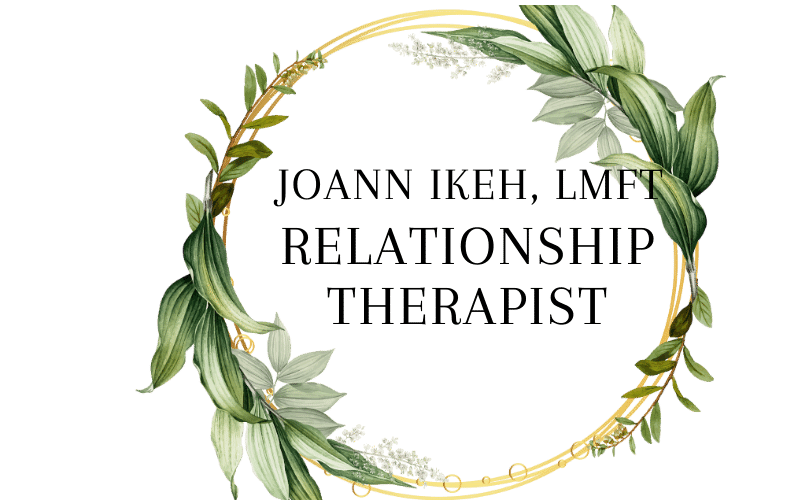Why Defensiveness Ruins Connection—and How to Stop It
Defensiveness: The Silent Relationship Killer
Defensiveness is sneaky. It feels protective — a way to defend your worth or perspective — but in reality, it erodes connection.
When one partner becomes defensive, the other often escalates, creating a cycle of blame and withdrawal. Over time, these moments accumulate, leaving both partners feeling distant, unheard, and frustrated.
Relational Life Therapy (RLT) emphasizes that staying connected during conflict requires relational courage, not winning or being right.
Why We Get Defensive
Defensiveness usually stems from:
Fear of criticism or rejection.
Feeling invalidated or misunderstood.
Unhealed past experiences that trigger overreactions.
It’s a survival mechanism, a way your nervous system signals danger. But in love, it rarely protects; it pushes your partner away instead.
Signs You’re Being Defensive
Notice when you:
Interrupt or talk over your partner.
Justify or explain your behavior instead of listening.
Counterattack or point out their faults.
Withdraw emotionally or physically.
Recognizing these patterns is the first step to change. Awareness interrupts autopilot reactions.
Steps to Stop Defensiveness
Pause and Breathe. Take a moment before responding. A few slow breaths can calm the nervous system.
Listen Fully. Focus on your partner’s words and feelings without planning your rebuttal.
Validate Emotion. You don’t have to agree, but you can acknowledge: “I hear that this hurt you.”
Own Your Part. Even small contributions matter: “I see I interrupted instead of listening. I’ll try again.”
Ask Questions. Curiosity fosters connection: “Can you tell me more about why this upset you?”
Repair Over Perfection
Defensiveness often persists because partners fear admitting mistakes. RLT encourages repair, not perfection.
Even a brief acknowledgment — “I got defensive just now, and I’m sorry” — can reset the emotional climate. Repair signals commitment to connection, not control or pride.
Transforming Conflict Into Connection
Stopping defensiveness allows couples to:
Reduce escalation and resentment.
Stay emotionally connected during disagreements.
Strengthen trust and intimacy over time.
When both partners practice awareness, curiosity, and repair, arguments become opportunities for growth rather than barriers to love.
The Takeaway
Defensiveness is natural, but it doesn’t serve closeness. By noticing your patterns, pausing, listening, and taking accountability, you create a space where connection thrives — even under pressure.
RLT reminds us: relational courage, not perfection, sustains intimacy. Showing up fully — even in tough moments — keeps love alive.
Ready to Build Healthier Relationships?
If you and your partner are struggling to let your guard down so that you can pause, listen and understand; you don’t have to navigate it alone.
At Online Couple Counseling, I help partners foster curiosity, strengthen communication, and practice relationship accountability that fosters understanding, long-term connection and trust.
📞 Book a free 15-minute consultation today
🌐 Visit onlinecouplecounseling.com
📩 Or email me at joannikeh@joannikeh.com
Let’s work together to break unhealthy patterns and build lasting emotional wellness.



